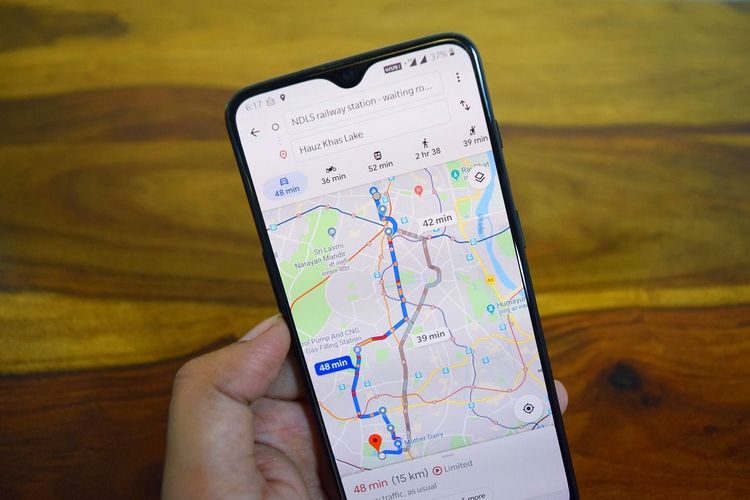Integrating generative AI into doctor’s clinics extends beyond simply adopting new technology; it streamlines operations and saves time for everyone involved.
During a panel discussion at the media's Transform event in July, Kiran Mysore, Chief Data and Analytics Officer at Sutter Health, and Aashima Gupta, Google Cloud Director for Global Healthcare, emphasized the positive impact of generative AI on administrative tasks during clinical visits.
Gupta noted, “These are early-stage productivity use cases. What we're addressing is 'pajama time'—the phenomenon where for every hour a physician engages with a patient, they spend two hours gathering information.”
The healthcare sector is no stranger to technological advancement. Mysore pointed out that systems like Epic, which facilitate patient health data entry and communication with providers, have accelerated digital transformation. The COVID-19 pandemic heightened patient expectations for health information, compelling the industry to adapt swiftly.
Generative AI presents numerous applications in healthcare, from improving workflows to analyzing medical images. Major organizations such as Kaiser Permanente have already implemented AI methods, including predictive analytics for proactive patient monitoring. Both Gupta and Mysore noted that improving the interaction between patients and physicians is a key application of this technology.
For Sutter Health, AI significantly enhances patient and physician experiences. Mysore explained, “We focus on two patient experience aspects: first, when you visit a doctor and see the back of their head because they're busy typing; second, integrating tools that allow real-time conversation capture between the patient and physician.”
He further remarked that AI enables physicians to better understand patient histories, allowing for more meaningful dialogue during consultations.
It’s important to note that generative AI is not yet used for diagnosing patients, as Gupta clarified that the technology is still evolving. Google Cloud aims to empower healthcare clients with tools to analyze existing data effectively.
“From Google Cloud’s perspective, we serve as an enabling company, providing foundational tools and technologies to the healthcare ecosystem,” Gupta said. She highlighted that one example is MedLM—a model designed to reduce nurse burnout by summarizing shift reports, thus increasing efficiency. Google Cloud also enables healthcare providers to explore connections between symptoms and medications, minimizing time spent on potential prescription conflicts.
Addressing concerns about privacy and adoption, both Gupta and Mysore acknowledged the apprehension surrounding AI, especially among physicians accustomed to traditional methods.
“When approaching doctors, we identify those most open to change and support them with adequate technology,” Mysore commented. “Trust can diminish easily, particularly if initial results from a large language model are unsatisfactory, so we engage with stakeholders to build understanding.”
Gupta emphasized the importance of addressing concerns in heavily regulated industries like healthcare, reassuring users that human oversight remains integral. Both panelists reiterated that patient and physician data is secure and will only be accessible to authorized personnel.







